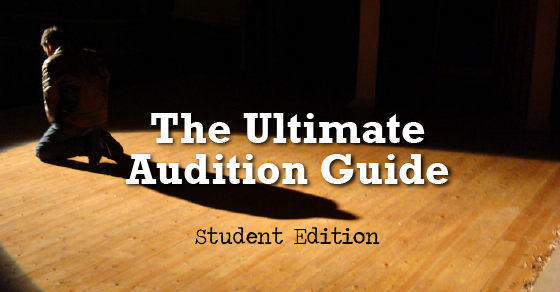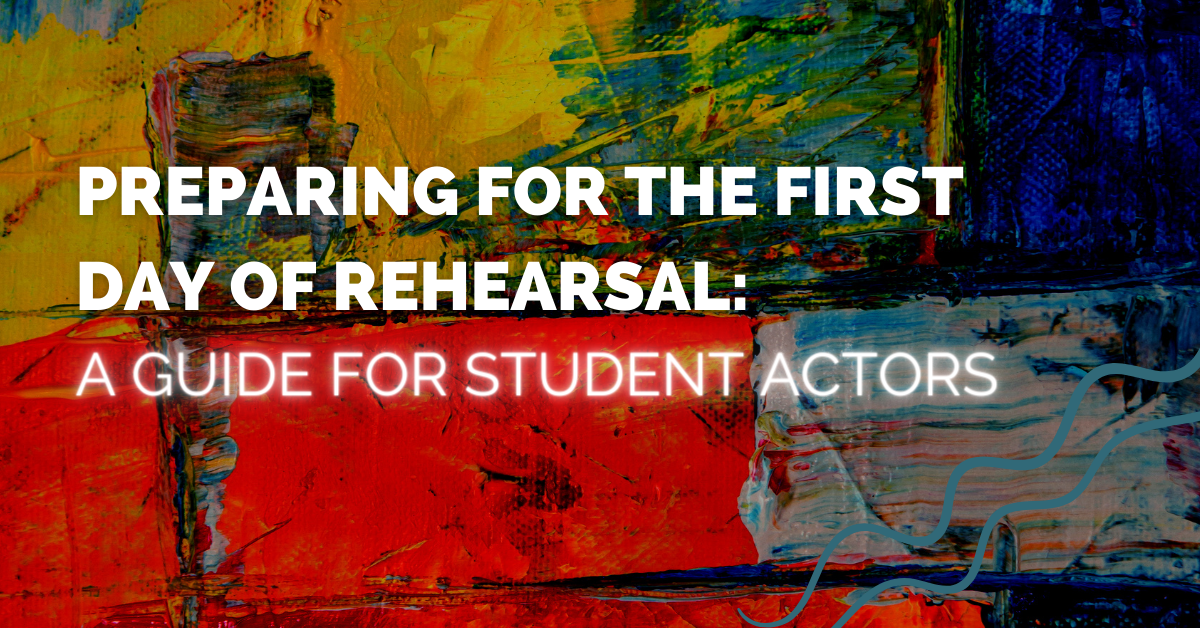Preparing for Competition: Part One
I adjudicated a pretty big festival last weekend. I saw 22 plays in the general competition, and that was only in one theatre – there were 22 plays happening in another ballroom across the way. Out of that, we came up with 4 finalists (2 from each theatre) and saw those plays. All in all, a lot of theatre. A lot of plays – with only one show repeated out of the lot. Some original works, some out-and-out one acts, some musicals, some cuttings. Some good, some great, some not. Whatever the production, it’s incredible how a couple of missteps were repeated over and over again. So I thought it would be interesting to do a three part series on preparing for the one-act competition – choosing a play, rehearsal strategies, and what to do on the day.
Certainly, preparing a play is not a cookie cutter operation. You may have a procedure in place that works just fine for you and your students. This is all merely based on my observations of watching a lot of plays. 22 of them. In a row. Yeah.
Choosing a Play
There is a lot that goes into choosing a competition piece. Some go for the flash, some go for heightened emotional drama, some go for the challenging classic. Some go for the win, some just want their students to have the experience of competition. Whatever the motivation, I think the most important question in choosing a play is this:
Does this play fit my students?
Here’s what I mean by that. There has to be a marriage between play and production. A good fit. Time and time again this weekend I saw productions in which the students were shoe-horned into a play that wasn’t a good fit. They were acting their hearts out, they were doing their best, but the play didn’t suit them, and thus the production was not as good as it could have been. For example, plays with small casts being put on by a cast of thousands. And yes, sometimes their use of an added ensemble was clever and theatrical. But more often than not, the additions hindered the ability of the production to perform the play. The pace slowed from scene to scene. The production became less about the story being brought to life and more about using every student.
Another example is work that is not high school appropriate. This does not mean that students shouldn’t be challenged, or that students can’t play roles out of their scope. But if the play suffers because students cannot believably play a married couple, or they perform a stereotype of the elderly, or they cannot address adult subject matter, then it’s not appropriate. It doesn’t fit.
A third example is when it’s clear that the play chosen has more to do with what the teacher wants to do rather than what’s best for the students. Anyone involved in the theatre, especially those who direct, have a list of plays they would love to do. But that’s not always a good enough reason to do them, especially at the school level. The bottom line is that the production must bring the play to life in the fullest expression possible and when elements stand in the way, that’s a problem. The easiest way to solve that problem is to always put the students first.
What kinds of plays fit your students best? What kinds of plays do you choose to challenge your students that are still appropriate in a school context?
Part Two: Rehearsal strategies to fix the most common performance issues.
Part Three: Important pre-performance considerations on the day of competition.



